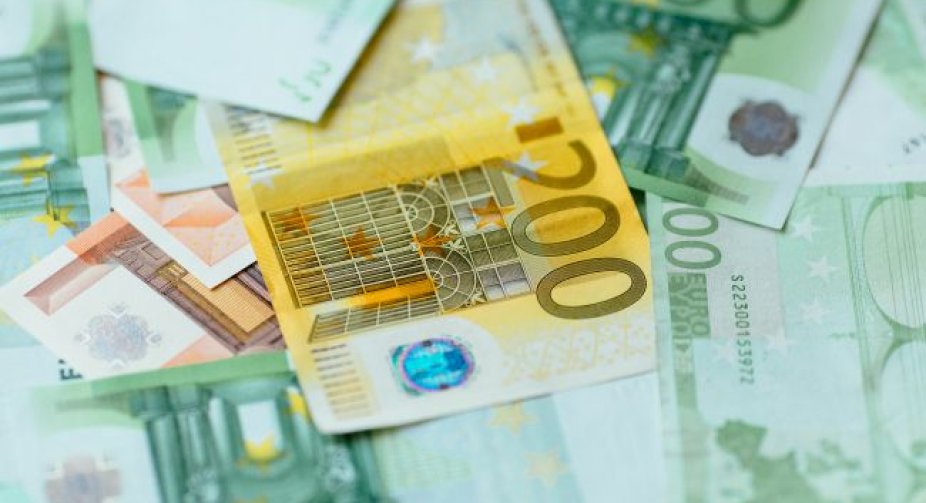The prospect of another cut in Russian gas supplies sent the euro lower on Tuesday, July 26. The rise in the dollar is being held back by growing uncertainty over a tightening of U.S. Federal Reserve policy after an expected interest rate hike this week.
That's what Reuters reported.
The euro fell 0.7% to $1.0142, and against sterling it lost 0.3% to 84.6 pence. It also lost 0.8% against the Swiss franc, falling to a new seven-year low of about 0.977 francs.
The euro remains above the parity against the dollar reached earlier this month, but ING Bank strategist Francesco Pesole warned that traders may start to reconsider expectations of an interest rate hike from the European Central Bank.
"The Russian gas story is a black swan risk, a constant threat. Even if the gas supply isn't completely cut off and it doesn't come down to rationing, a lot of damage has already been done to the European economy," he said.
Citi analysts agreed, noting that Monday's gloomy IFO business survey from Germany "was most likely caused by simple uncertainty about the future of Russian gas supplies." They added that the latest supply cut "will at least keep that uncertainty high."
The dollar, meanwhile, rose, rising 0.6 percent to 107.08, a four-day high against a basket of currencies, though it remains more than 2 percent below the 20-year high of 109.29 reached less than two weeks ago.
The U.S. Federal Reserve will begin a two-day meeting later that day and will almost certainly raise rates by 75 basis points. But traders are assessing whether the weaker rise could signal a slower pace of rate hikes in the future.
On Monday, Russia said it would cut gas supplies to Germany through the Nord Stream 1 pipeline to 33 million cubic meters per day starting Wednesday. This is half of the current flow, which is already only 40 percent of normal capacity

